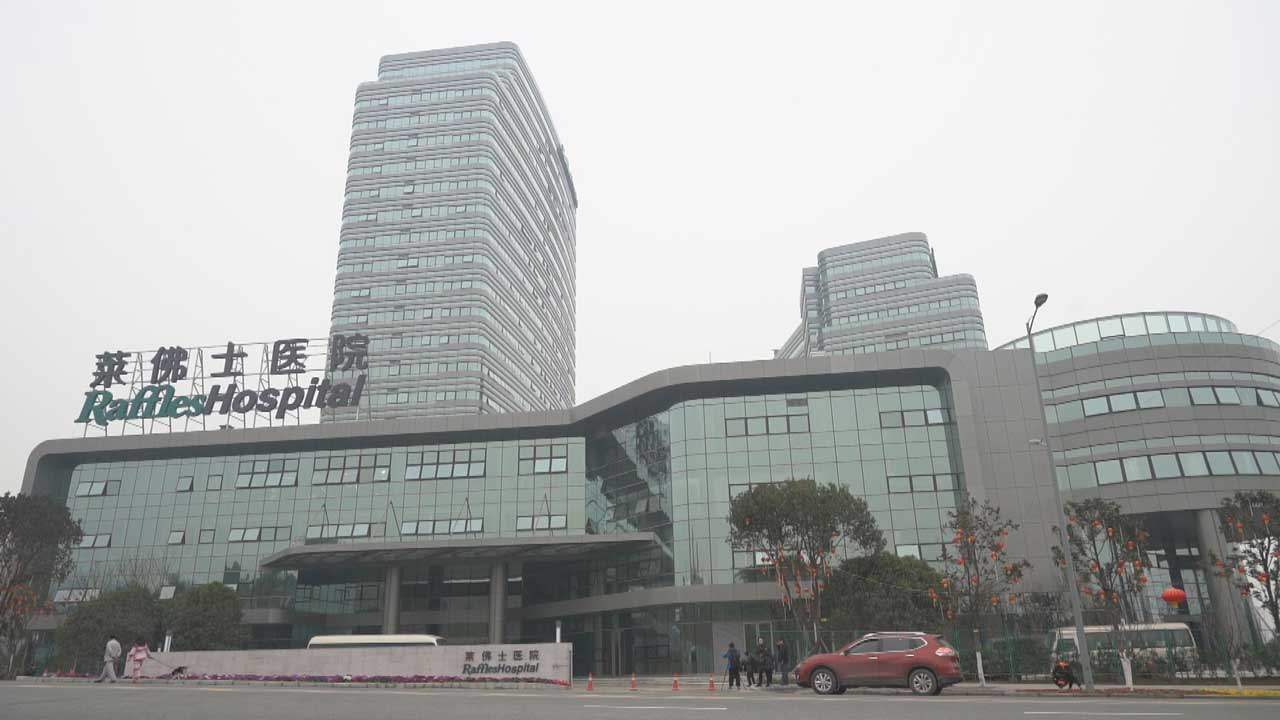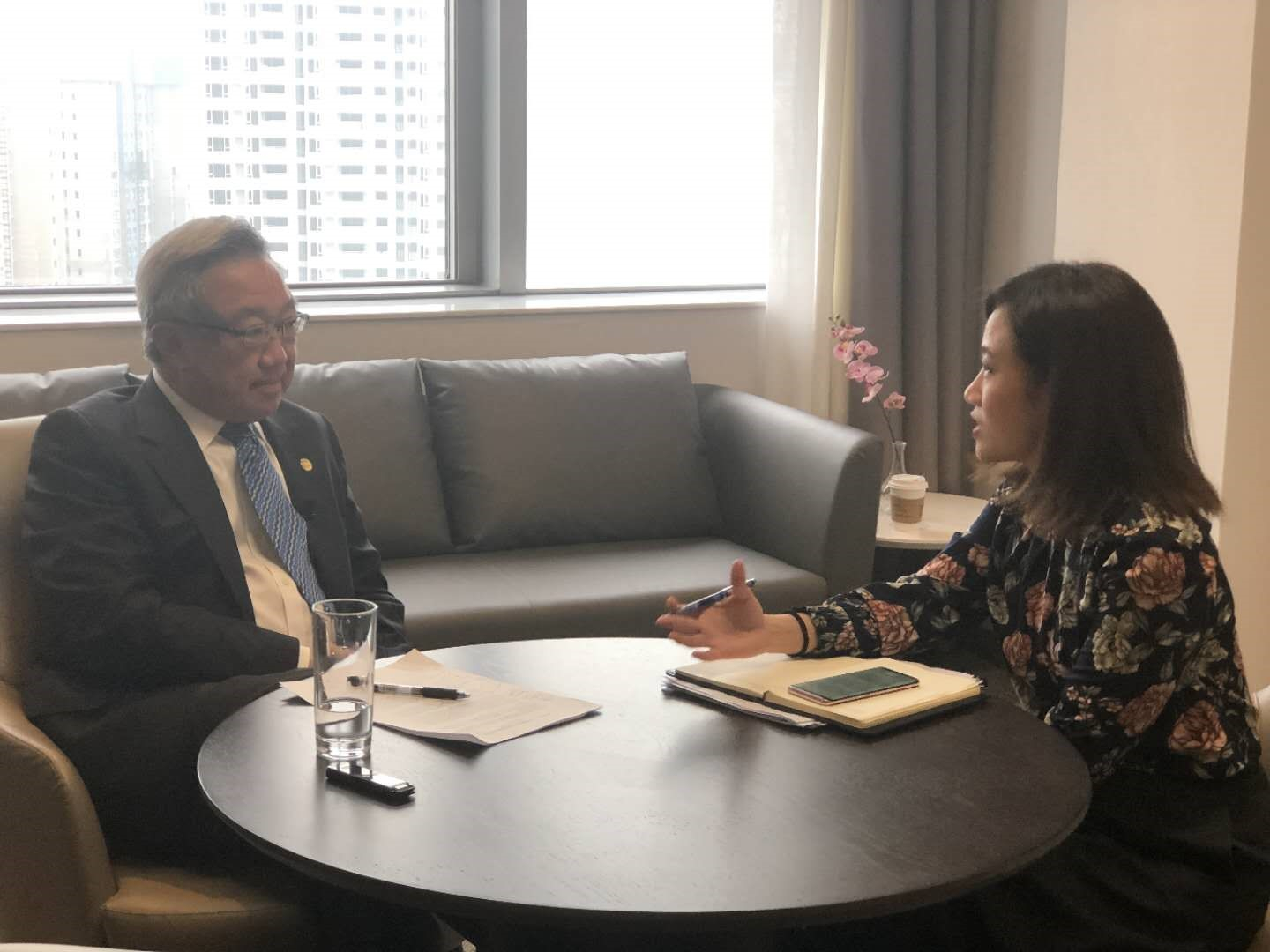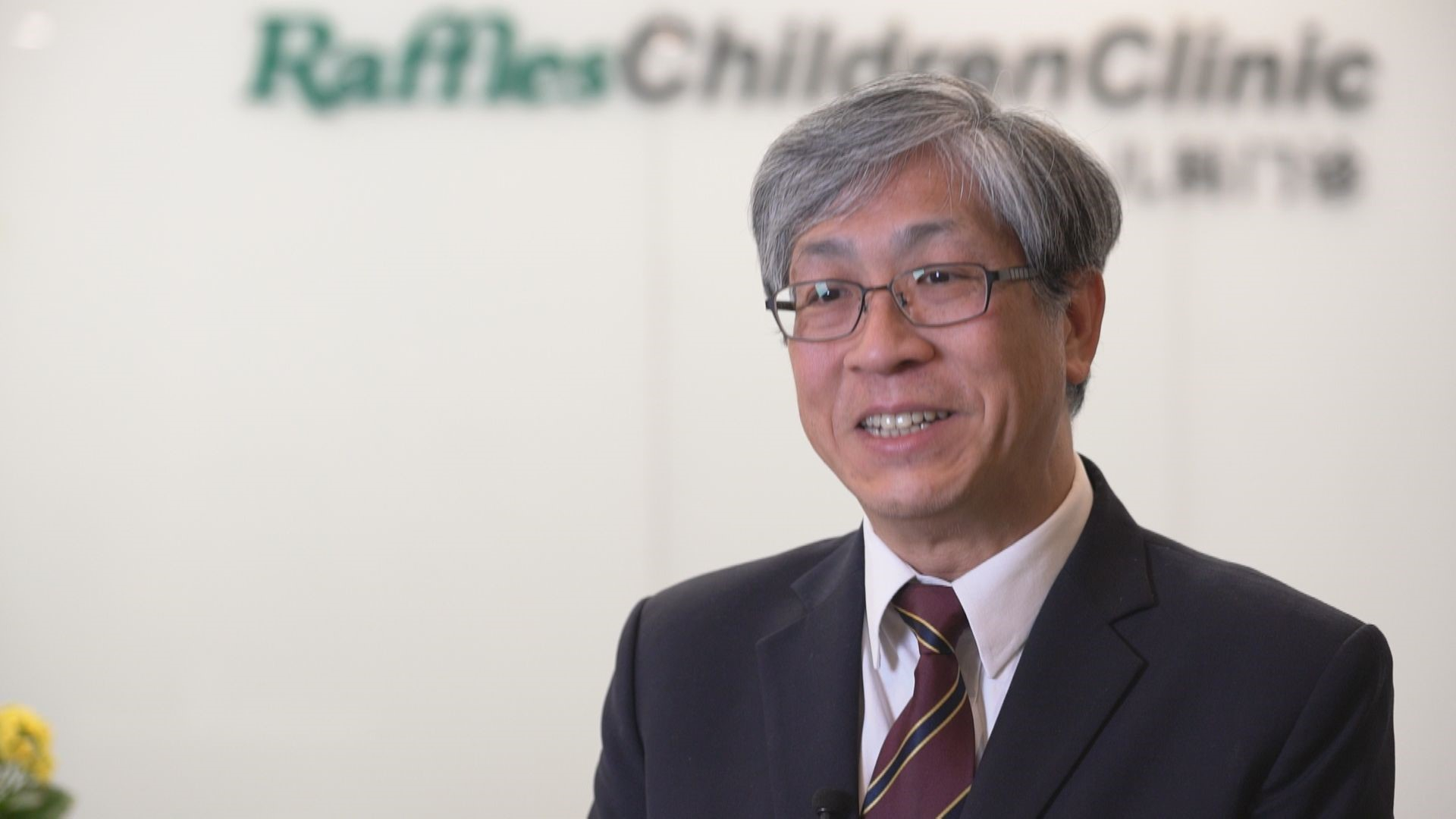
Health
23:42, 28-Jan-2019
Raffles Medical Group: 'We're in China for the long-run'
By Wei Lynn Tang
02:59

Foreign players have been eyeing to wholly own entities in some of China's key economic sectors. And Raffles Medical Group, a private healthcare operator in Asia, is one of them who's bullish on China's opening-up.
The Singaporean group's first hospital in China opened its doors in China's southwestern Chongqing municipality three weeks ago.
Dr. Loo Choon Yong, the executive chairman, said that it takes patience and conviction to invest in building an international hospital.
"We took a while to study the system, the players, the regulators – what they're looking for, what they're particular about. But now, you see the hospital is up and running. So I think it's possible," Loo said.
"China has been liberalizing since I first came to China in 1984. It was the early days of reform to a market economy. I think it has been very successful. I have seen progressive opening-up of the market in other sectors as well as health care."

Dr. Loo Choon Yong, the executive chairman of Raffles Medical, says the group is in China for the long-run. /CGTN Photo
Dr. Loo Choon Yong, the executive chairman of Raffles Medical, says the group is in China for the long-run. /CGTN Photo
Raffles Medical Group invested 800 million yuan in the hospital.
Loo acknowledged that the hospital's operating costs will be higher, as they will be hiring a mixture of local and foreign staff. However, he pointed out that based on the group's market survey, "the top 10-20 percent in China can afford us."
"And we intend to work with insurance companies so that with the insurance policies, the 50 percent of Chinese people can afford us if they become a member or they take out an insurance policy. That way we can serve 700 million people. In Chongqing itself there will be an addressable market of 17 million people," he added.
Raffles is not new to China – it already operates medical centers in six cities in China.
This hospital in Chongqing marks the first Singapore international tertiary hospital in the municipality. Likewise, it's also Singapore's first international tertiary hospital in China.
This is buoyed by the long-standing relationship between Chongqing and Singapore via the Chongqing Connectivity Initiative.
Located in the Liangjiang new area, one of the three districts in the Chongqing Pilot Free Trade Zone, Loo said discussions are ongoing about what and how to liberalize.
This includes foreign doctors, nurses, tax preferences and pharmaceutical imports.

The 700-bed Raffles Hospital in Chongqing will be built and included in phases. /CGTN Photo
The 700-bed Raffles Hospital in Chongqing will be built and included in phases. /CGTN Photo
When asked about challenges, Loo pointed out differences in the way nurses are trained and operate.
"In the West, the nurses – where they cannot heal you, they make you comfortable. They feed you, clean you up. That tradition is not present here because, in China, the nurses are technical, they treat you – give you an injection, but the caring usually is done by people from home or your caregiver," he said.
"And perhaps this is resource allocation because that way your nurses can be more productive, limiting themselves to a technical task."
It's not right or wrong, he insisted. "It's just different traditions."
That said, Loo believes China is ready to embrace an international "setting" in its health care sector.
"You have very talented people, smart, hardworking... and they need training. We brought early nurses whom we recruited from China to Singapore, to personally experience how we look after patients. And they now understand," he said.

Dr. Keith Lau, the deputy medical director of Raffles Hospital (Chongqing) /CGTN Photo
Dr. Keith Lau, the deputy medical director of Raffles Hospital (Chongqing) /CGTN Photo
Dr. Keith Lau, the deputy medical director of Raffles Hospital (Chongqing), pointed out that there are also differences among patients' expectations in China and the West.
But, like Loo, he believed that this could be overcome.
"In the past 20-30 years, China is opening to the West, and we have more people traveling between China and Western world, and I think this is the time we need to have some sort of healthcare reform by introducing a new platform," he said.
Raffles Medical Group is also set to open a second hospital in Shanghai by year-end.
"Health care is medium to long-term. It is never short-term, and we believe in China's continuing progress," Loo said.
(Video filmed by Li Yang, Luo Caiwen)

SITEMAP
Copyright © 2018 CGTN. Beijing ICP prepared NO.16065310-3
Copyright © 2018 CGTN. Beijing ICP prepared NO.16065310-3